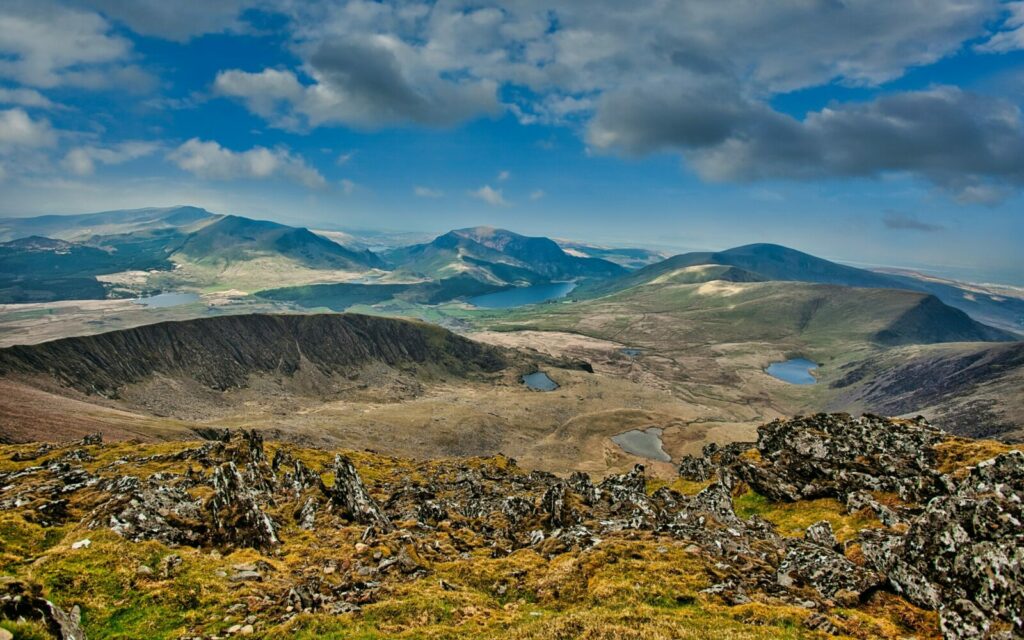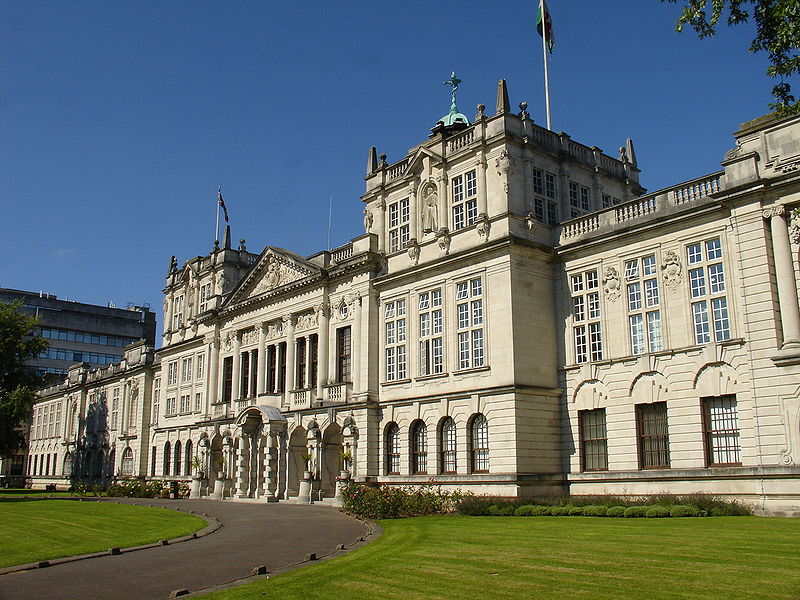Rebecca Evans and Cefin Campbell point to the potential benefits of the visitor levy for Wales.
We live in a beautiful country, surrounded by breath-taking land and seascapes, with two languages and a rich history and culture.
The very things which make Wales such an attractive place to live also attract millions of visitors to our small nation every year. Whether they’re coming from just across the border or further afield, all our visitors will find a warm welcome here.
Tourism and the visitor economy are a vital part of the wider Welsh economy. Tens of thousands of people are employed directly in the sector – and many more jobs are indirectly linked to tourism.
Wales is a great place to stay and visit. We are working hard to improve our tourism offer and grow the sector; attracting new visitors to Wales and extending the season, encouraging people to come and visit Wales all year round, not just when the sun is shining.
But we want to do this in a sustainable way. We want to protect what makes Wales such a beautiful place to live; we want to protect and preserve the magical landscapes which capture the hearts of so many visitors every year.
Sustainability is the heart of our Welcome to Wales strategy, which focuses on seasonality, spend and spread and our Addo campaign has been encouraging visitors to Wales to care for Wales for the last three years. It’s built around Bro and Byd, encouraging positive behaviour and encouraging us to care for our communities, embrace new experiences, support local businesses and be thoughtful visitors, planning and leaving no trace of their visit behind.
The majority of Welsh residents surveyed agreed that tourists should contribute towards the costs of maintaining and investing in the destinations they stay in.
Our plans for a visitor levy build on this work. The levy will help to bring about a sense of shared responsibility between residents and visitors, to protect, and invest in, our local areas.
It will be a small charge paid by people staying in commercially-let overnight accommodation. It will be up to individual local authorities if they want to introduce a levy in their local authority area. The funds raised will be re-invested in the local area, benefitting the local area.
Visitor levies are common around the world, and they are often applied at the local government level. For example, Catalonia operates a region-wide tourism levy of €0.45 to €2.25 per person, per night.
New Zealand uses money raised from its International Visitor Conservation and Tourism Levy to fund projects which protect sensitive and ecologically valuable landscapes; to upgrade visitor amenities, such as footpaths and signs; to protect endangered species and to improve visitor access and promote tourism careers.
Innovative. Informed. Independent.
Your support can help us make Wales better.
Visitor levies haven’t been used in the UK, but cities are starting to embrace them as a way of investing in tourism. Manchester launched its £1-a-night charge for visitors on 1 April. Revenue from the scheme will help pay for improvements in the city.
The Scottish Government has also committed to changing the law to give local authorities the power to introduce a levy on overnight visitor stays, to help fund local activities and services.
As part of our work to develop a visitor levy for Wales – a commitment in the Co-operation Agreement between the Welsh Government and Plaid Cymru – we commissioned research to find out what people in Wales and holidaymakers across the UK think of the idea.
The majority of Welsh residents surveyed agreed that tourists should contribute towards the costs of maintaining and investing in the destinations they stay in.
Support for the levy was strongest in areas that attract the most tourists – two-thirds of people in Wales who live in tourism hotspots support the introduction of a visitor levy.
We know some businesses are worried about the idea of a visitor levy. They are worried people would stop visiting Wales.
We want to reassure the tourism sector in Wales that as we develop the visitor levy over the coming years we will work with them
The evidence from around the world, where levies are in place, suggests this won’t be the case. Our own research suggests more people respond positively to the idea of a visitor levy in a place where they go on holiday or in their area – 45% were positive; 25% were negative.
We want to reassure the tourism sector in Wales that as we develop the visitor levy over the coming years we will work with them, with local government and all our partners to make sure Wales continues to be a great place to visit and continues to attract visitors from around the UK and the world.
We are at the start of the process of designing a visitor levy, which will work for Wales. We have consulted widely about the idea of a visitor levy. The feedback, and the consumer research, will inform the detail of how the levy will work as we take the next steps towards introducing a levy in Wales.
The levy will need to be fair and simple and clear to implement.
But, above all, it must put power into the hands of local communities and help them to encourage tourism, which gives back to Wales.
Let’s work together to make sure Wales’ reputation as a high-quality tourist destination is cemented for years to come.
All articles published on the welsh agenda are subject to IWA’s disclaimer. If you want to support our work tackling Wales’ key challenges, consider becoming a member.





